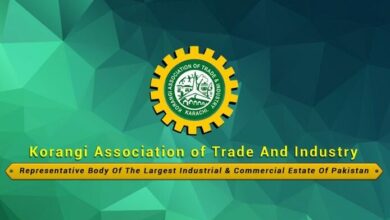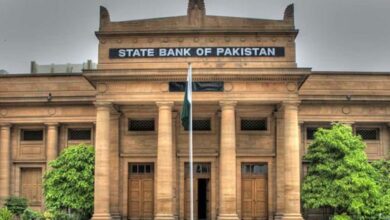
ISLAMABAD: According to Asad Umar, the Federal Minister for Planning, Growth, and Special Initiatives, Pakistan requires economic transition by redefining resource allocation and opportunity structure.
Umar said that a deeper understanding and new levers are required to trigger development and that the government’s most important role is to provide policy signaling, a competitive environment, and supportive regulatory architecture.
He urged economists to do further studies on the opportunity system in light of East Asian history, globalization, and technical advances, emphasizing that Pakistan’s 1960s industrial policy tools are now obsolete.
“A critical question that needs to be answered right now is which part of the supply chain should be rewarded,” he said.
The minister urged economists to focus on the political implications of reforms and conduct observational studies on how economic reforms affect citizens’ lives.
Muhammad Jehanzeb Khan, Deputy Chairman of the Planning Commission, also spoke at the event, emphasizing the need for much better policy continuity and suggesting that the government will need to enhance capacity to achieve much better policy coherence through different ministries.
He stated that the Planning Commission is acquiring skills in order to lead the development and economic change agenda.




